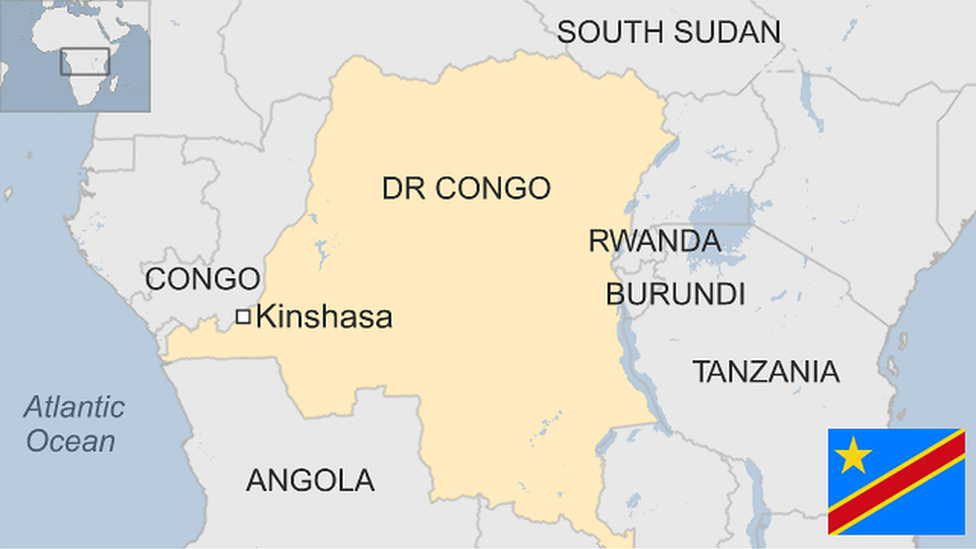ICJ orders Uganda to pay $325m for DR Congo occupation
- Published
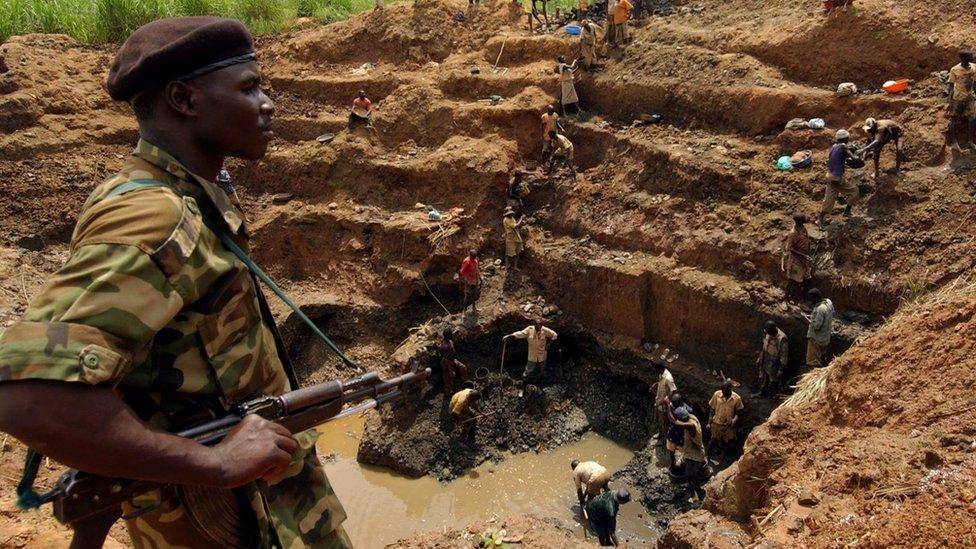
Uganda worked with local militias to loot gold from Ituri
Uganda has been ordered to pay $325m (£240m) to the Democratic Republic of Congo for its role in the conflict there.
The International Court of Justice (ICJ) ruled Uganda had violated international norms as an occupying force between 1998 and 2003.
The judges found that Uganda was responsible for the deaths of 10-15,000 people in the eastern Ituri region.
Ugandan troops were also found to have looted gold, diamonds and timber.
DR Congo had demanded $11bn but the judges dismissed several parts of the claim and decided on a far lower amount.
The ICJ ordered Uganda to pay five annual instalments of $65m between 2022 and 2026, with the first instalment due in September.
Uganda had argued that the billions demanded by DR Congo would destroy its economy. The court said its order would be "within the capacity of Uganda to pay".
The $325m covers:
$225m for damages to persons
$40m for damages to property
$60m for the looted resources
In its judgment, the court said: "The reparation awarded to the DRC for damage to persons and to property reflects the harm suffered by individuals and communities as a result of Uganda's breach of its international obligations."
DR Congo filed a case against Uganda in 1999 for acts of armed aggression committed against it and its citizens. It accused Ugandan soldiers of looting and human rights violations.
Numerous armed groups have been wreaking havoc in mineral-rich eastern DR Congo for decades. In the 1990s, troops from Uganda and Rwanda twice invaded their much larger neighbour DR Congo, working with local militias to topple the government. They argued that they had intervened to stop the conflict in DR Congo from spilling across their borders.
Uganda has dismissed the verdict as not fair. Attorney General Kiryowa Kiwanuka questioned why Ugandan troops had been "singled out" when there were many different forces involved in the conflict.
He did not say whether Uganda would pay the reparations but said it would continue to "engage with" the Congolese government to resolve the issue.
The court's decision is final with no recourse to appeal, but the world court has no means of enforcing its verdict.
Related topics
- Published4 December 2021
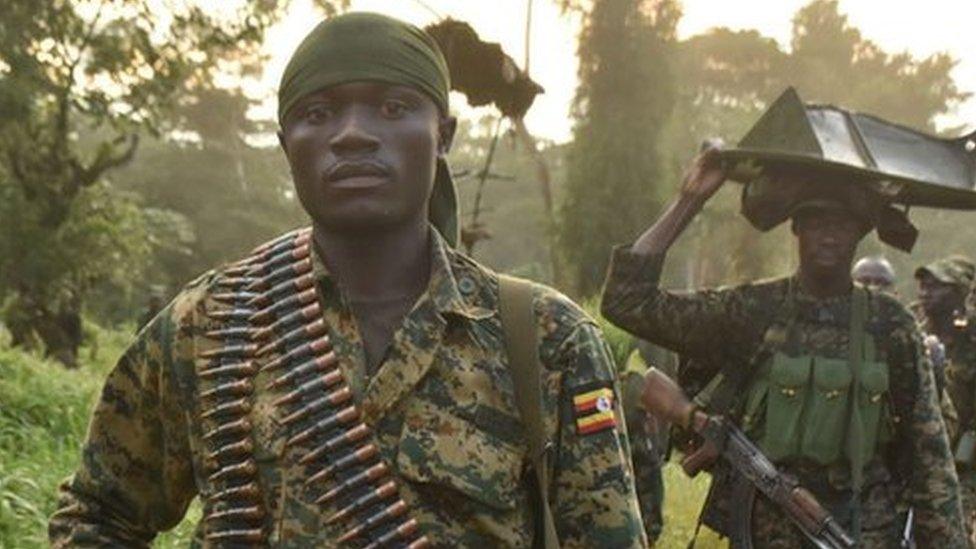
- Published9 October 2013
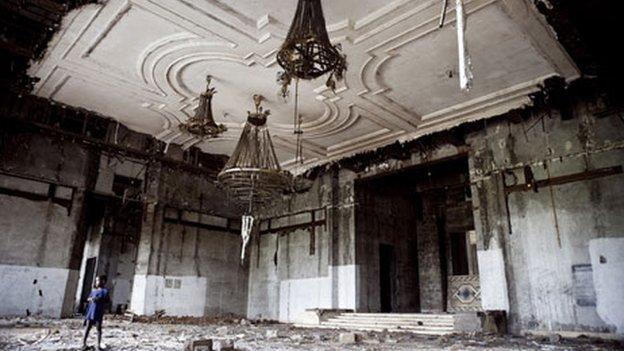
- Published26 April 2023
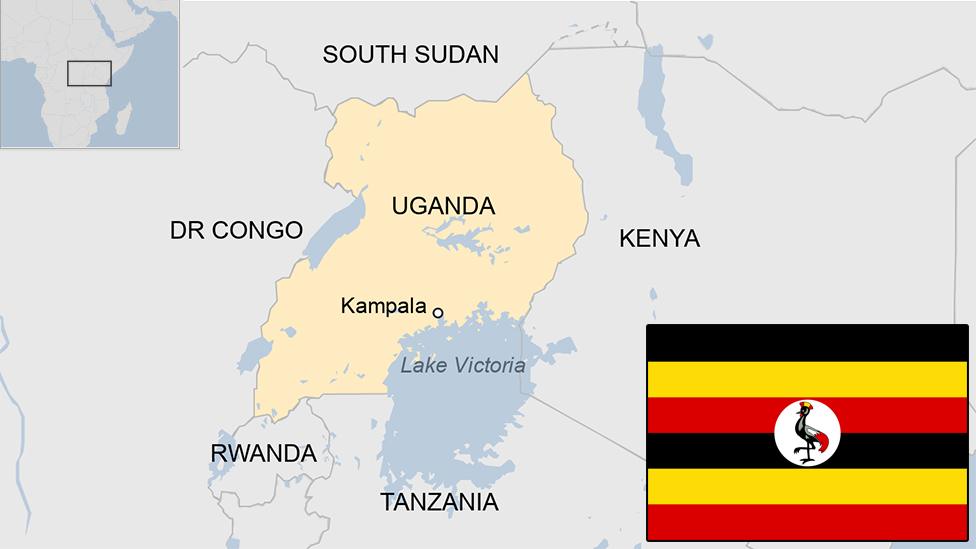
- Published31 January
